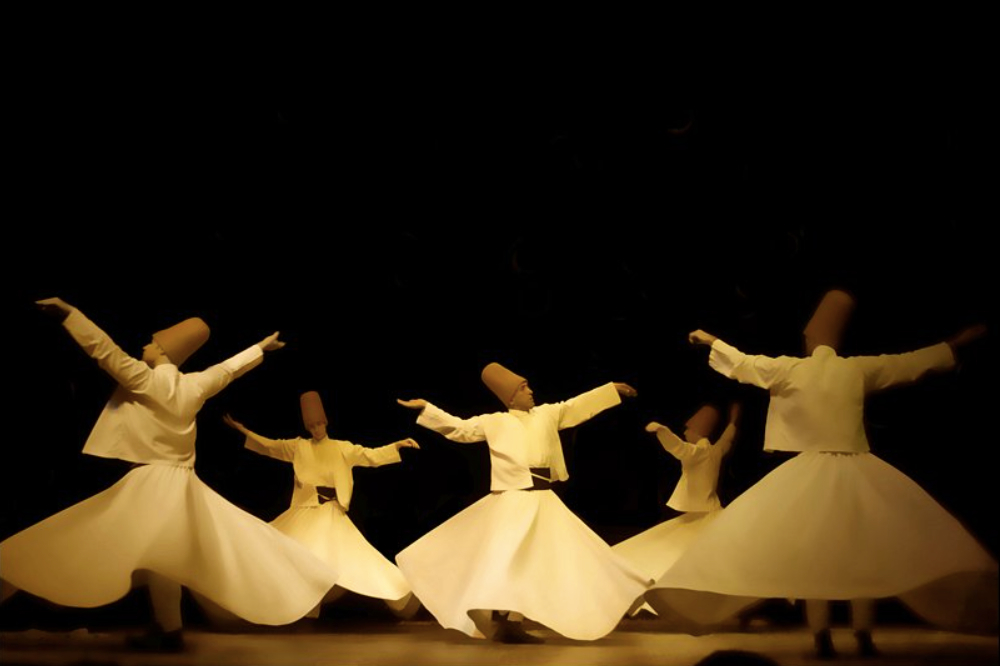
like so
While some blame
another for causing him harm,
the wise one first takes
himself to task.
The worldly struggle is outward struggle. The struggle on the spiritual path is inward struggle. No sooner does one take the spiritual direction than the first enemy one meets is one’s own self. What does the self do? It is most mischievous. When one says one wants to fight it, it says, ‘I am yourself. Do you want to fight me?’ And when it brings failure, it is clever enough to put the blame on someone else.
Do all those who have failed in life accuse themselves? No, they always accuse another person. When they have gained something they say, ‘I have done it.’ When they have lost something they say, ‘This person got in my way’. With little and big things, it is all the same. The self does not admit faults; it always puts the blame on others. Its vanity, its pride, its smallness, and its egotistical tendency which is continually active, keep one blind.
By a study of life the Sufi learns and practices the nature of its harmony. He establishes harmony with the self, with others, with the universe and with the infinite. He identifies himself with another, he sees himself, so to speak, in every other being. He cares for neither blame nor praise, considering both as coming from himself.
If a person were to drop a heavy weight and in so doing hurt his own foot, he would not blame his hand for having dropped it, realizing himself in both the hand and the foot. In like manner the Sufi is tolerant when harmed by another, thinking that the harm has come from himself alone.
He overlooks the faults of others, considering that they know no better. He hides the faults of others, and suppresses any facts that would cause disharmony. His constant fight is with the Nafs (the self-centered ego), the root of all disharmony and the only enemy of man.
The mystic develops a wider outlook on life, and this wider outlook changes his actions. He develops a point of view that may be called a divine point of view. Then he rises to the state in which he feels that all that is done to him comes from God, and when he himself does right or wrong, he feels that he does right or wrong to God. To arrive at such a stage is true religion. There can be no better religion than this, the true religion of God on earth. This is the point of view that makes a person God-like and divine. He is resigned when badly treated, but for his own shortcomings, he will take himself to task, for all his actions are directed towards God.
Hazrat Inayat Khan



